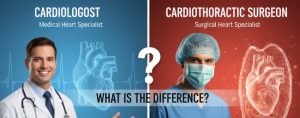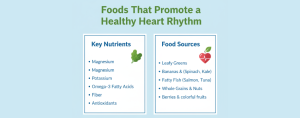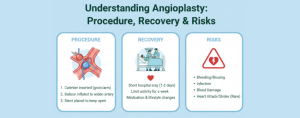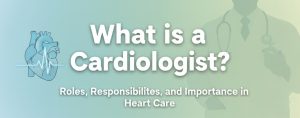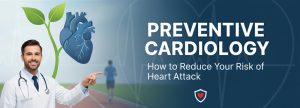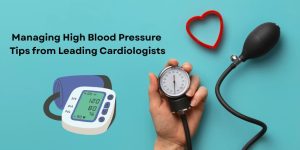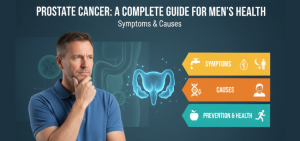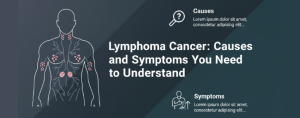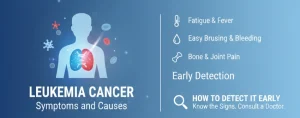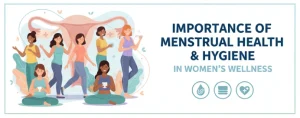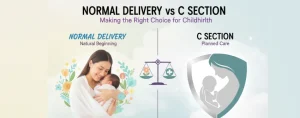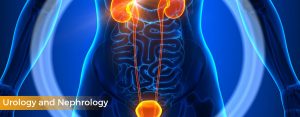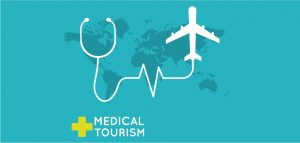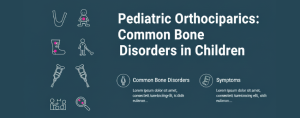Heart health is vital because the heart works tirelessly to pump blood and oxygen to the body. Yet, heart disease remains one of the leading causes of death worldwide. Recognising heart disease symptoms early can make a life-saving difference. Knowing when to seek the guidance of a cardiologist ensures timely diagnosis and treatment.
What Is Heart Disease?
Heart disease is a broad term covering several conditions that affect the cardiovascular system. These include coronary artery disease, arrhythmias, heart valve disease, and heart failure. When the heart or blood vessels are compromised, blood flow reduces, affecting how oxygen and nutrients reach the body. Identifying symptoms at an early stage allows doctors to manage the condition effectively.
10 Warning Signs of Heart Disease
1. Chest Pain or Discomfort
Chest discomfort may feel like pressure, tightness, heaviness, or even burning. While not all chest pain is cardiac in origin, pain that worsens during exertion can signal reduced blood supply to the heart. Persistent pain should always be taken seriously.
2. Shortness of Breath
Difficulty breathing, even during rest or light activity, can indicate reduced oxygen circulation or fluid buildup in the lungs due to heart problems. If breathlessness worsens, it may be an urgent concern.
3. Irregular Heartbeat (Palpitations)
A fluttering, racing, or skipping heartbeat can be linked to arrhythmias. While occasional palpitations may be harmless, frequent or severe episodes may need evaluation.
4. Dizziness or Lightheadedness
When the heart struggles to pump blood effectively, less oxygen reaches the brain. This can cause dizziness or fainting, which may increase the risk of falls and injuries.
5. Fatigue
Unusual or persistent tiredness, even without exertion, may signal that the heart is not pumping efficiently. This can reduce energy levels and impact daily activities.
6. Swelling in the Extremities
Swollen feet, ankles, or legs are common signs of fluid retention. Poor circulation or weakened heart function may be the underlying cause.
7. Nausea or Indigestion
Heart-related nausea is often overlooked, particularly in women. If indigestion or nausea appears with other symptoms, it may point to heart distress.
8. Pain or Discomfort in Jaw, Neck, Back, or Arms
Pain radiating away from the chest is a classic warning sign. Discomfort in the jaw, back, or arms, especially with chest pain or breathlessness, may indicate a heart attack.
9. Cold Sweats or Cool, Clammy Skin
Sweating unexpectedly or experiencing clammy skin can result from the body’s stress response during a cardiac event. This is often reported during heart attacks.
10. Rapid or Irregular Pulse
A consistently fast or irregular pulse may be linked to atrial fibrillation or other arrhythmias. Early evaluation helps reduce risks associated with irregular rhythms.
Also Read – Types of Chest Pain and Treatments
When to See a Cardiologist
You should not ignore any of these heart disease symptoms, especially if:
- Chest pain or pressure persists.
- Shortness of breath is severe or sudden.
- Symptoms appear together, such as chest discomfort with dizziness or nausea.
- Symptoms worsen or do not improve.
- You have a family history of heart disease.
- You already have high blood pressure, high cholesterol, or diabetes.
Also Read – What is a Cardiologist?
Importance of Early Diagnosis and Treatment
Early consultation can prevent serious complications such as stroke or heart attack. Regular heart check-ups help track risks and ensure timely interventions. Doctors may recommend diagnostic tests or lifestyle changes to strengthen heart health. A cardiologist plays a key role in managing both treatment and prevention strategies.
Conclusion
The most important heart disease symptoms to watch include chest pain, breathlessness, fatigue, irregular heartbeat, and unexplained swelling. Even mild or occasional signs should not be ignored. If you are experiencing any of these symptoms, consult a healthcare provider immediately for a proper evaluation.
Frequently Asked Questions
1. What are the early warning signs of heart disease?
The early warning signs may include chest pain, shortness of breath, palpitations, dizziness, and unexplained fatigue. You may also find swelling in your feet or ankles. Any of these symptoms should be discussed with your doctor to rule out the possibility of heart disease
2. Is fatigue a sign of heart problems?
Yes, constant tiredness that does not improve with rest can indicate heart problems. This occurs when the heart is unable to pump blood adequately enough which causes low levels of energy. Consult a doctor whenever you have that level of exhaustion.
3. When should I see a cardiologist about chest pain?
You should see a cardiologist if your chest pain is constant or occurs more than once, if it’s a heavy or tight feeling, if you have chest pain during exertion, or if you feel chest pain radiating to your arm, back or jaw. You should seek medical attention immediately for these symptoms.
4. Can heart disease symptoms be silent?
Yes, in some cases, heart disease may not show obvious signs until it becomes severe. This is why regular heart check-ups are vital, especially for those with risk factors such as high blood pressure, diabetes, or family history.
5. What does heart-related chest pain feel like?
Heart-related chest pain often feels like pressure, heaviness, or burning. It may also radiate to the neck, back, or arms. Unlike simple muscle pain, it can occur even when you are resting.
6. Can heart disease cause pain without chest discomfort?
Yes, some people, especially women, may experience nausea, indigestion, breathlessness, or back and jaw pain instead of chest pain. These can still be warning signs of heart disease and should not be ignored.
Medically Reviewed by — Dr. Saket Bhardwaj (Principal Director & HOD – Cardiology)

